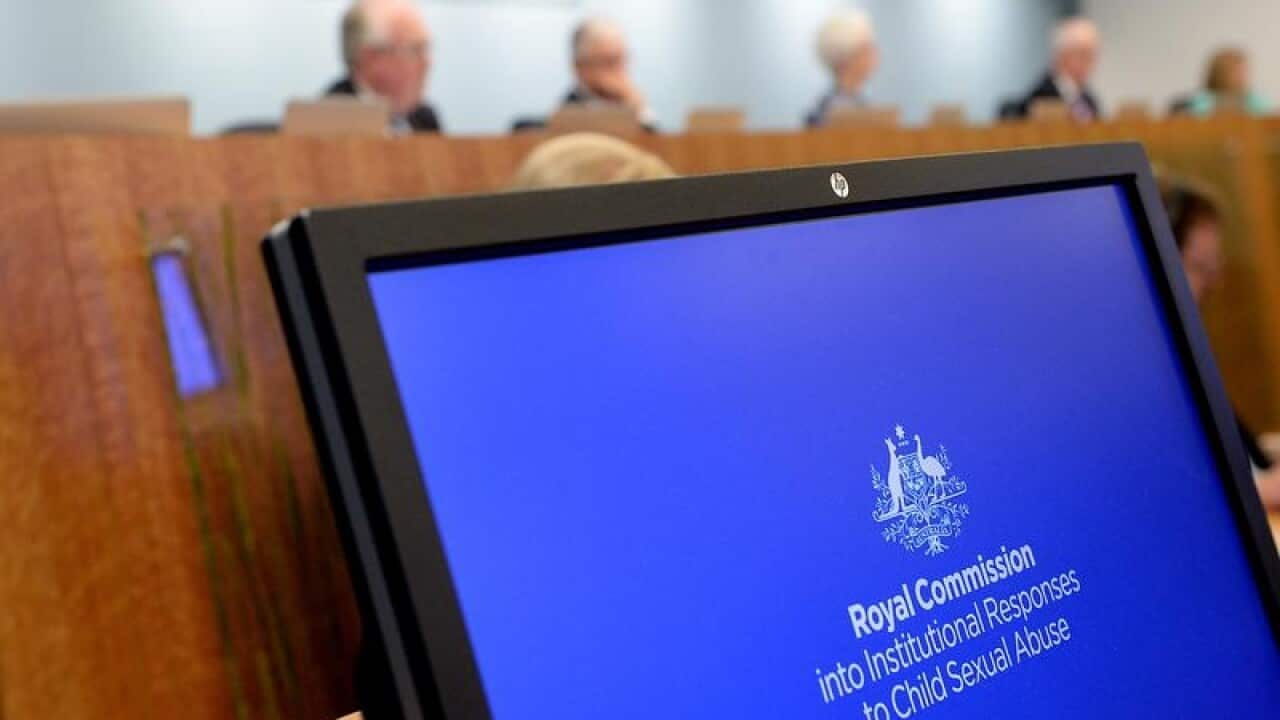Survivors of child sexual abuse have called for the cap on redress compensation payments to be scrapped, saying it reduces accountability by institutions.
They have told a Senate Inquiry that Royal Commission recommendations should be enacted in full - or risk the process be considered a painful waste of time by those with a lifetime of trauma.
Digging up a harrowing past was painful for survivor of clergy abuse, Andrew Collins.
"Every time we spoke up, every time we told our story, we re-lived it all," he said.
"Before we decided to speak up, we said, you know what, it'll be short-term pain, for long-term gain. Well, it hasn't been."
The Royal Commission was an opportunity to hold institutions accountable for the abuse he, and fellow survivors, endured as children.
But he's worried its recommendations aren't being implemented.
"The fact that the payment has been dropped from $200,000 to $150,000, I think is diabolical."
Survivors and their advocates want the $150,000 cap scrapped.
Two of Chrissie Foster's daughters were sexually abused by pedophile parish priest, Kevin O'Donnell. Daughter Emma died by suicide aged 26.
"Everyone talks about 150 or whatever, but yeah, in reality, you're looking at probably half of that amount, the average payout," Ms Foster said.
"We trusted the royal commission, and I still do, and the recommendations, and that was the answer, for the future. It's five years of effort and analysis, and 1.2 million documents looked at, and there's testimony from all those case studies. And you know, it's all there, in the recommendations, to save children in the future."
"It's sad that we have to come back and fight again. We've done all of that."
Today's Senate Inquiry heard suicide is common among those abused in children's homes and foster care, too.
Survivors want interim payments ahead of the re-dress scheme roll out on July 1.
Leonie Sheedy, CEO and co-founder of CLAN said "people are gravely ill and they're extremely worried that they won't be alive to see the opening of the redress scheme".
There's also concern about the scheme's transparency, and whether victims - now jailed for committing serious crimes - will be blocked from compensation.
Particularly for the Indigenous community, with disproportionately high incarceration rates.
Jeanne McIntyre of Victorian Aboriginal Child Care Agency said "therefore, we think it's systemically racist".
"They were equal as children who were abused, therefore they should be equally eligible for a redress payment."

